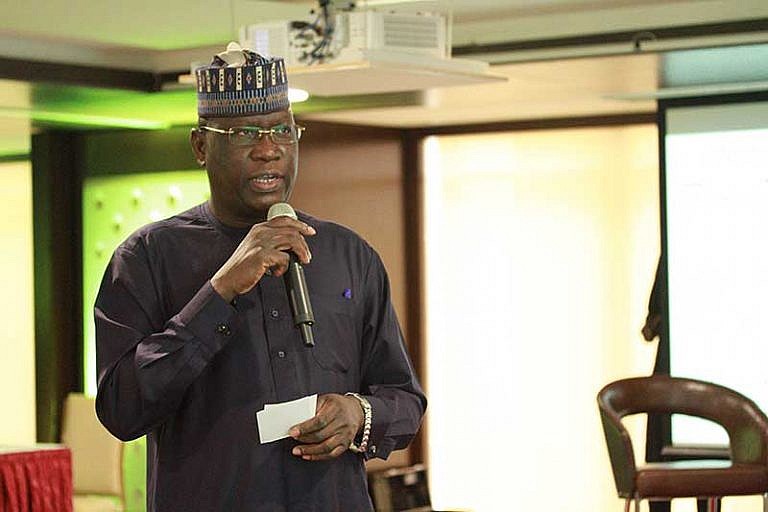Round table on electricity in Niger: “We note that our agenda is neither overly ambitious nor utopian.”
On 4 and 5 November 2020, the government of Niger, technical and financial partners, the private sector and donors met in Niamey for the first round table aimed at accelerating electrification in Niger towards universal access by 2030. At the end of the exchanges, assessment and review of progress, with an interview with Mr Halid Alhassane, Managing Director of NIGELEC, Niger’s electricity corporation.
What is your assessment of this first round table?
Our assessment is positive with regard to all the partners who were mobilised and who took part in the round table and to the involvement of sister companies as well, Côte d’Ivoire, Senegal, Tunisia and many others, who were kind enough to share their experience with us. The positive assessment is also grounded in the pledges made by the donors, which exceed 640 million dollars. We are therefore very satisfied.
What are the major advances achieved through this round table?
We were able to make our realities and constraints known. To give you an example, one of our constraints is the size of Niger’s territory (6 times the size of Senegal and 4 times the size of Côte d’Ivoire). So, in terms of electrification, we have long lines to pull. This calls for much greater investments than elsewhere. And we have also presented the evolution of our regulations. We were able to demonstrate that all the structures are in place, the supervisory Ministry, the implementing agencies and the regulatory authority. We have outlined our planning and we think that donors have good visibility. The funding requirements were 1.1 billion dollars for the first phase of the strategy up to 2025. We were able to mobilise, through the donors who were there and who made pledges, 640 million dollars, and we believe that in the coming weeks and months we will complete the financing requirements for the first phase.
What lessons do you take away from the experiences shared by Senegal, Côte d’Ivoire and Tunisia?
We learn that our agenda is neither overly ambitious nor utopian. We want to go from 18-20% to 80% in 15 years. When we see that Côte d’Ivoire has gone from 33% to 73% in ten years, we are comforted that we have made commitments that are absolutely achievable.
What does the commitment of the members of the Sahel Alliance mean for NIGELEC?
It represents a great challenge. We must do our utmost to deserve the trust that donors have placed in us. During the round table, we identified the bottlenecks and we will address them very quickly with regard to organisation and human resources, so that we can improve our disbursement and implementation capacities for the various programmes. We are very grateful for their support to NIGELEC.
—


